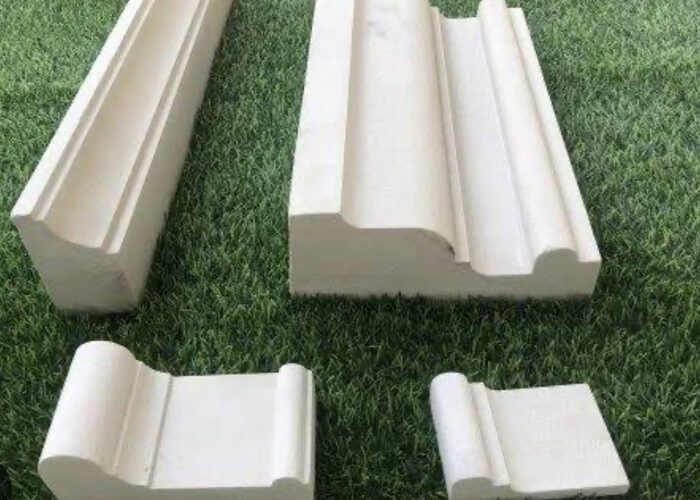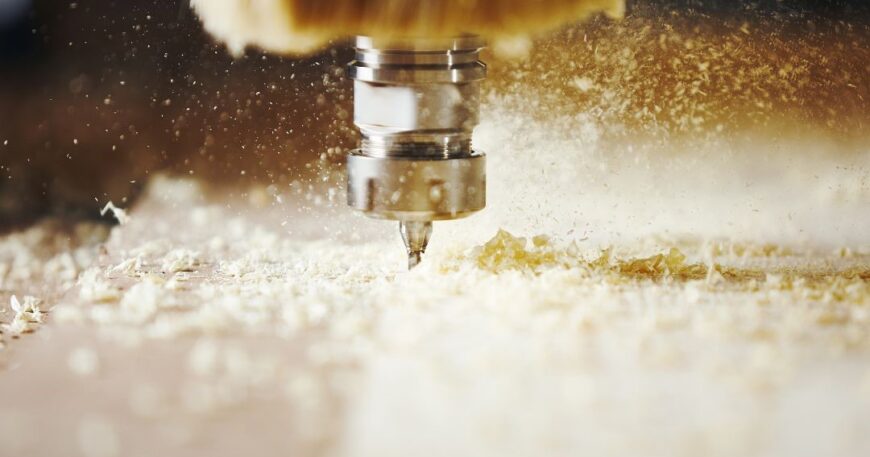CNC (Computer Numerical Control) machining has revolutionized modern manufacturing, driving efficiency, precision, and innovation across various industries. This transformative technology has not only streamlined production processes but also expanded the possibilities of what can be manufactured. In this blog, we explore the profound impact of CNC machining on modern manufacturing.
1. Precision and Accuracy
Unmatched Precision
CNC machines offer unparalleled precision, allowing manufacturers to produce complex parts with exact specifications. The high level of accuracy reduces errors and waste, ensuring that every component meets stringent quality standards. This precision is particularly critical in industries such as aerospace, medical devices, and automotive, where tolerances are extremely tight.
Consistency in Production
CNC machining ensures consistency across large production runs. Once a design is programmed into the machine, it can be replicated precisely multiple times, eliminating the variability associated with manual machining. This consistency is essential for maintaining product quality and meeting regulatory standards.
2. Increased Efficiency and Productivity
Automation and Speed
CNC machines automate many aspects of the manufacturing process, significantly increasing production speed. Automated tool changers, multi-axis capabilities, and high-speed spindles enable CNC machines to perform complex operations quickly and efficiently. This automation reduces the need for manual intervention, allowing operators to oversee multiple machines simultaneously.
Reduced Lead Times
The efficiency of CNC machining translates into shorter lead times for production. Rapid prototyping and quick turnaround times enable manufacturers to respond swiftly to market demands and customer needs. This agility is a competitive advantage in industries where time-to-market is crucial.


3. Cost-Effectiveness
Material Efficiency
CNC machining minimizes material waste through precise cutting and efficient material utilization. Advanced nesting software optimizes the placement of parts on raw material sheets, reducing scrap and lowering material costs. This material efficiency is beneficial for both the environment and the bottom line.
Labor Savings
The automation of CNC machines reduces the need for skilled manual labor, leading to significant cost savings. While initial investment in CNC technology can be high, the reduction in labor costs and the increase in productivity provide a favorable return on investment over time.
4. Enhanced Capabilities
Complex Geometries
CNC machines can produce intricate geometries that would be challenging or impossible with traditional machining methods. Multi-axis CNC machines, in particular, can create complex shapes and features in a single setup, reducing the need for multiple operations and setups.
Customization and Flexibility
CNC machining offers unparalleled flexibility in manufacturing. Customization is easily achievable by simply reprogramming the machine with new designs. This capability is particularly valuable in industries that require bespoke solutions, such as custom tooling, prototypes, and small-batch production.
6. Improved Quality Control
In-Process Monitoring
Modern CNC machines are equipped with advanced sensors and monitoring systems that provide real-time feedback on machining operations. In-process monitoring allows for immediate detection and correction of errors, ensuring high-quality output and reducing the need for post-production inspections.
Traceability and Documentation
CNC machining facilitates comprehensive documentation and traceability of the manufacturing process. Detailed records of machine operations, tool usage, and production parameters can be maintained, supporting quality assurance and compliance with industry standards.
Conclusion
CNC machining has profoundly impacted modern manufacturing, enhancing precision, efficiency, and innovation across various industries. Its ability to produce complex geometries, reduce waste, and improve product quality has made it an indispensable tool in the manufacturing sector. As technology continues to evolve, CNC machining will undoubtedly play a critical role in shaping the future of manufacturing, driving further advancements and opening up new possibilities for production and design.




